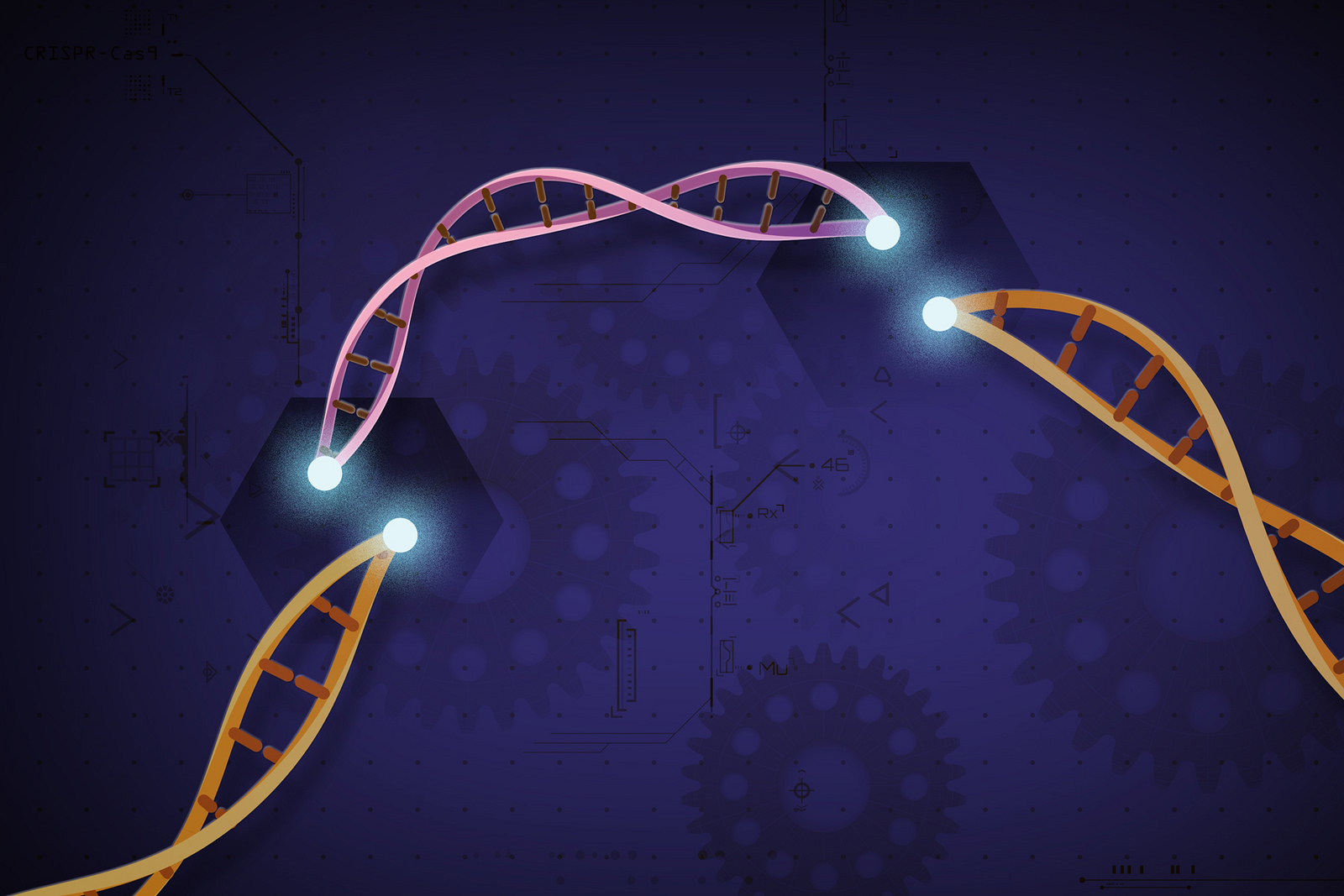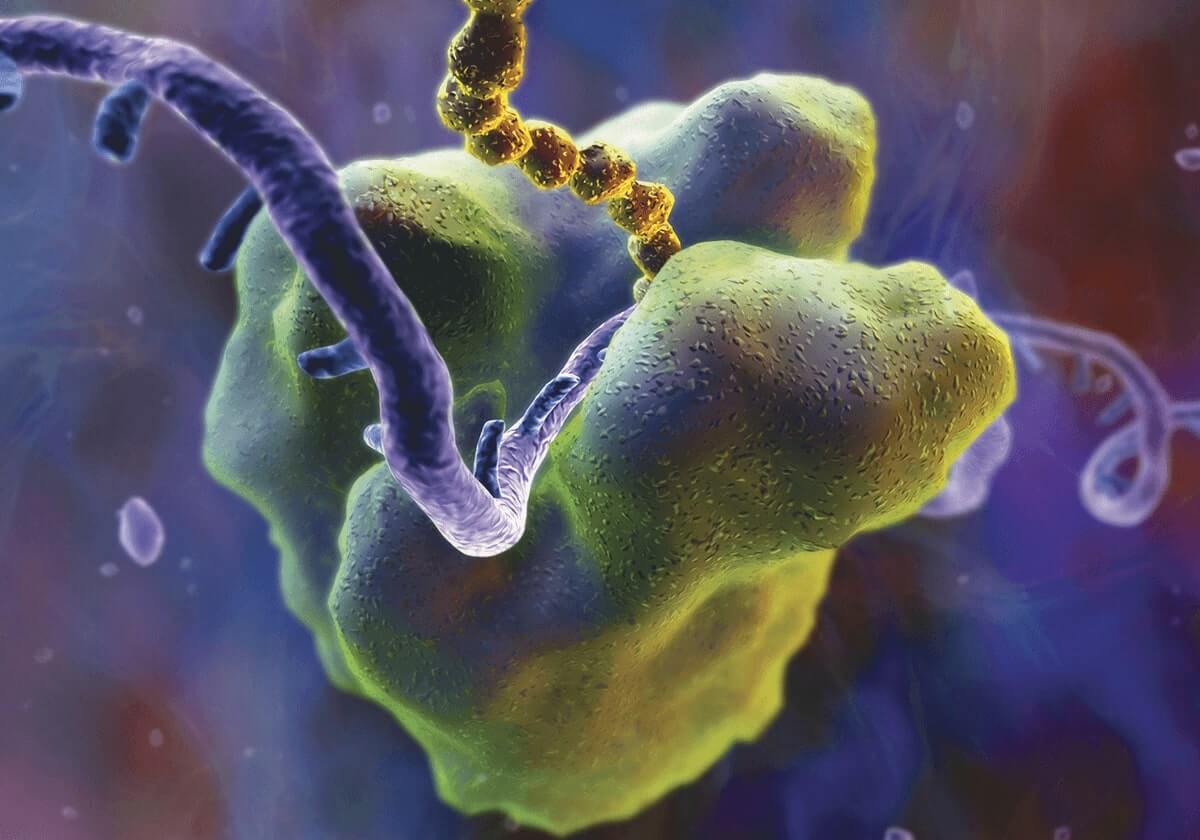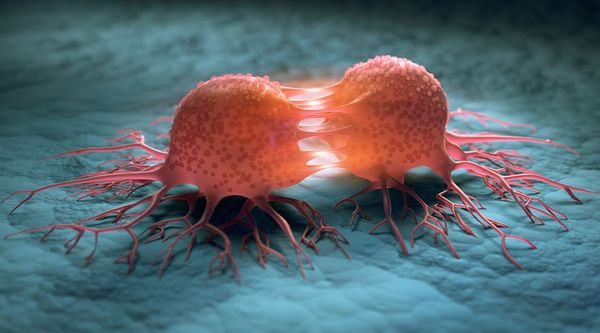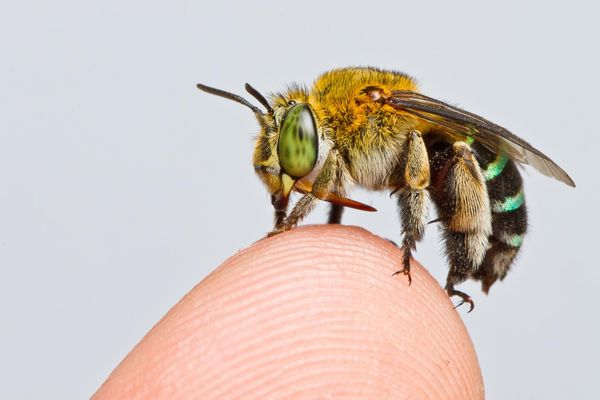PNP Editing: A New Gene Editing Tool (Not CRISPR)

Who found this?
KAUST researchers have introduced an intriguing advancement known as PNP editing, an abbreviation for peptide nucleic acid (PNA) assisted prokaryotic Argonaute (pAgo) editing. This novel technique revolves around making highly precise modifications to specific segments of DNA. PNAs, these synthetic counterparts of DNA, possess a distinctive feature: a neutral charge due to their unique backbone structure. This attribute enables them to exhibit strong and stable binding to other DNA or RNA, with higher affinity compared to conventional DNA or RNA. It seems like the synergy of PNAs and pAgos presents a fascinating opportunity. When combined, they can target precise locations within DNA. This dynamic pairing functions similar to a molecular pair of scissors, enabling the precise cleaving of DNA at designated points.
Wait is it almost CRISPR?
Although the process sounds similar, PNP editing seems to stand out in its own league compared to the more established players like CRISPR in terms of precision, according to this research. The prospects of this discovery extend into gene editing applications. PNAs have the potential to induce precise site-specific alterations in DNA, and they've even been employed to correct genetic anomalies. Furthermore, PNAs have been partnered with DNA fragments to facilitate gene rearrangement, like a genetic puzzle being strategically reassembled. The compact size of its components presents a significant advantage in terms of packaging and delivering the gene-editing tool precisely to target tissues. This includes even the tiniest subcellular compartments like mitochondria as well as other essential organelles.

How is it better?
Additionally, PNAs demonstrate robustness against enzymatic degradation. More so, building upon the capabilities of PNAs and pAgos, the researchers have designed PNA-assisted pAgo editors – known as PNP editors. These sophisticated tools exhibit the ability to create precise breaks in DNA structures, regardless of the DNA's arrangement, even functioning effectively at typical room temperatures. This groundbreaking feature positions them for use in laboratory settings and hopefully within living organisms.
What to expect?
Mahfouz and his research team have conducted comprehensive investigations, exploring diverse combinations involving modified PNAs, pAgo proteins, guide molecules, target sequences, and varying experimental conditions. PNP editing may introduce a potential paradigm shift in the realm of gene editing. It offers a refined toolkit for creating targeted genetic modifications, that may have potential implications in therapeutics and biotechnology.





